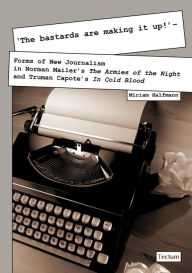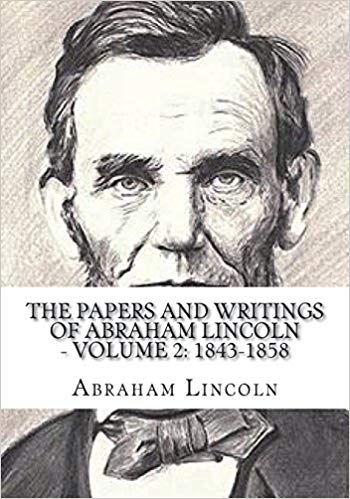'The bastards are making it up!' -
by Miriam Halfmann
2020-05-08 08:31:41
'The bastards are making it up!' -
by Miriam Halfmann
2020-05-08 08:31:41
Journalism is commonly thought of as objective, neutral, unbiased. However, there was a time when these notions were heavily contested - even by reporters themselves. The American 1950s and 1960s were earth-shattering decades in every major respect&#...
Read more
Journalism is commonly thought of as objective, neutral, unbiased. However, there was a time when these notions were heavily contested - even by reporters themselves. The American 1950s and 1960s were earth-shattering decades in every major respect: socially, politically, and culturally. Changes in these fields shook the nation and triggered events that to many people were extreme to the point they seemed unreal. Desperate times called for desperate measures: Soon, journalists traded their signature style of reporting for a style that read like fiction. They increasingly acknowledged those bizarre times by 'fictionalizing' their works, even producing whole volumes on the events they covered: New journalism was born. Miriam Halfmann explores the main works of the two most luminous figures on the scene: Norman Mailer's The Armies of the Night and Truman Capote's In Cold Blood. She contextualizes the novels within a historical and a journalistic framework, and furthermore provides a general introduction to new journalism. The author takes a close look at the different writing styles as expressed in narrative technique, figurative language, and form. How did these authors cope with an elusive reality? What did their new journalism(s) do to the conventional journalism/literature dichotomy? And, what happened when those bastards were 'making it up'?
Less












.jpeg)












.jpg)



